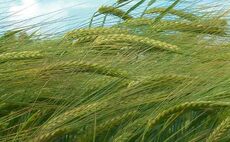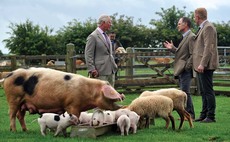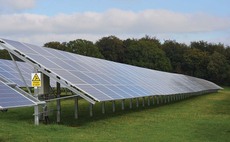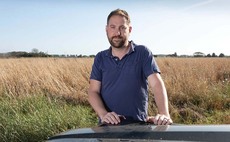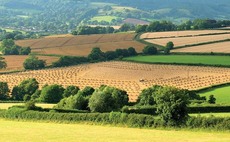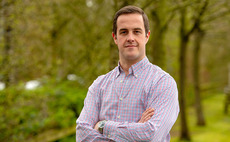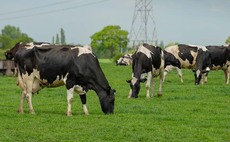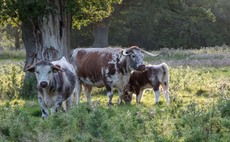Sustainable Farming
Farm Business
Coninciding with the Government’s transition towards a ‘green’ Brexit and with its sights set on achieving net zero carbon emissions by 2050, the renewables sector is expected to continue to grow.
Arable
Scotland has committed to reaching net zero for 2045. An Arable Scotland round table discussed the challenges and opportunities this presents for its farmers.
Livestock
The Prince of Wales has showcased his support for Rare Breeds Survival Trust (RBST)-accredited farm parks, encouraging visitors to return when they re-open from July 4.
Livestock
While there may be a guaranteed income to be had from leasing land for a solar use, it is a long-term commitment with serious tax implications. Iain McVicar, of Albert Goodman, tells us more.
Farm Life
The year 1976 was a notable one. Steve Jobs launched Apple, the first Star Wars came out and I turned one during harvest that August.
Farm Life
In these uncertain times, it might be tempting for farmers to put the brakes on investment in sustainability but now is the time to ensure the British agriculture sector is at the centre of a green economic recovery, and the support for farmers is out there, says Lee Reeves, head of agriculture at Lloyds Bank.
Farm Life
As lockdown enters its final stages, in England at least, it is remarkable to consider the changes wrought by this unprecedented time. None more so than the impact the pandemic has had on the travel and transport industries.
Livestock
Nine in ten farmers (87 per cent) do not know what their farm’s carbon footprint is, according to research by Lloyds Bank.
Farm Business
Only a quarter of Scotland’s farmers are optimistic about their businesses in a post-Brexit landscape.
Arable
Defra non-executive director Ben Goldsmith has called for ‘rewilding’ to be renamed ‘wilder farming’ in order to reassure farmers they are central to the movement.

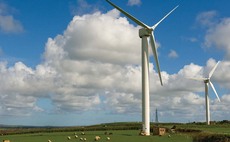
 02 July 2020
•
2 min read
02 July 2020
•
2 min read
